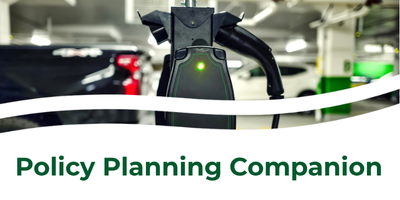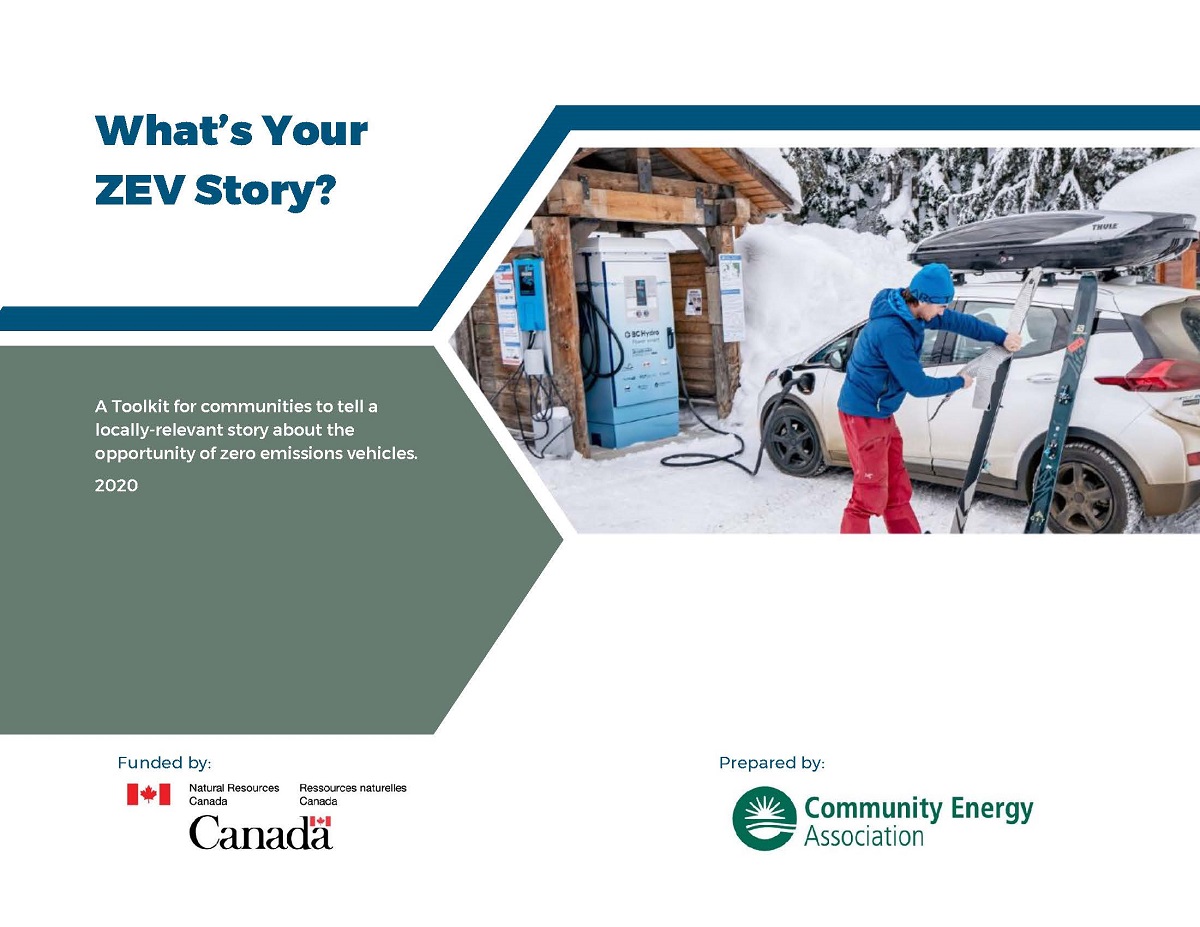EV Charging in Multi-Unit Residential Buildings: Resources, policies, and programs to encourage and enable installation of EV chargers.

With the wealth of readily available resources and supportive programs, local governments can make it significantly easier for motivated community members to initiate and lead EV charging retrofits of their buildings. This document gathers the resources and materials that local governments can point community members to and summarizes key regulatory levers to consider.
View / Download FileAdvancing Energy Retrofits: Policies and programs for more energy efficient and low carbon existing buildings

This document summarizes the specific actions local governments can take to support retrofits in their community with links to supplementary resources and examples of how actions are being applied in BC communities.
View / Download FileEV Readiness Implementation Cohort - Summary Report 2023

The EV Ready Implementation Cohort was a pilot approach to support CEA’s Peer Networks in further advancing climate action in their communities. Implementation Cohorts are topical specific cohorts focused on the implementation of one shared priority where there is an existing commitment to adopt and implement.
View / Download FileGetting to Implementation: Emerging Best Practices in BC

This report provides a summary of effective climate action enablers and highlights some of the best practices being implemented by various local governments in BC.
As local governments in BC have declared a climate emergency and directed staff to update/develop plans in response to climate change, local governments need to identify and implement actions to make progress in reducing greenhouse gas emissions. Learning from the experience of others and implementing actions that have proven to be effective in reducing emissions will expedite the implementation process and reduce costs.
This study identifies emerging best practices for “bold climate action” implementation and compiles insights from local governments based on surveys, interviews and a scan of relevant reporting.
View / Download FileStep Code Fact Sheet

Effective March 10th, 2025, Emissions Level 1 (EL-1) of the Zero Carbon Step Code will be required for Part 9 and Part 3 new construction in BC. Check out this factsheet to see what the new requirements entail.
Resources and supports available to BC locally elected officials to advance their communities through climate action

Just over a month after the October local government elections in BC, CEA worked with Climate Caucus and the BC Municipal Climate Leadership Council (BCMCLC) to present a webinar for all elected officials–new and returning–interested in advancing climate-related initiatives in their communities. The webinar collected info on various local priorities and also provided information on various supports available to elected officials: networks for ongoing collaboration and peer learning, upcoming events, coaching, and online resources
Download VideoYouth Perspectives on Co-Creating Climate Action at the Municipal Level

Currently, youth are faced with barriers and obstacles to participation in municipal decision making systems and often municipalities struggle to engage youth in meaningful ways as they seek to advance their climate action work. So, how can youth have more opportunities to shape and advance municipalities’ climate action work, and how can municipalities better engage and seek input and support from youth? CityHive exists to fill this gap; and was able to undertake a 6 month long research project to better understand the needs of municipalities to co-create climate actions with youth to inform program decisions to shape how youth and decision makers can work collaboratively to address climate change policies and issues on agendas of municipalities across the Metro Vancouver region.
Download VideoLocal Governments in the Decade of Climate Action: Government Support and the CleanBC Roadmap to 2030

What does the CleanBC Roadmap mean to local governments? Where is the biggest opportunity for communities? The BC Municipal Climate Leadership Council and Community Energy Association hosted a virtual dialogue for BC elected officials to prepare for the decade of climate action by highlighting the key opportunities of the CleanBC Roadmap.
Download VideoCARIP Use and Impact Assessment

CEA undertook a survey of local governments between May 14th and May 19th 2021 to provide a timely, independent assessment of how local governments used the CARIP program and to assess the impact that the program has had. The 45 responses to the survey indicate that the CARIP program was a valued, unique, high-leverage program for large and medium communities while delivering modest benefits to small communities.
View / Download FileZEV Story Toolkit

The ZEV Story Toolkit equips local and regional governments to be the designers and delivery agents of quality, creative communications materials in order to improve awareness and increase ZEV adoption in their community. The toolkit includes a guide as well as examples and templates to walk local governments from project conception through to creating communications materials.
View / Download File